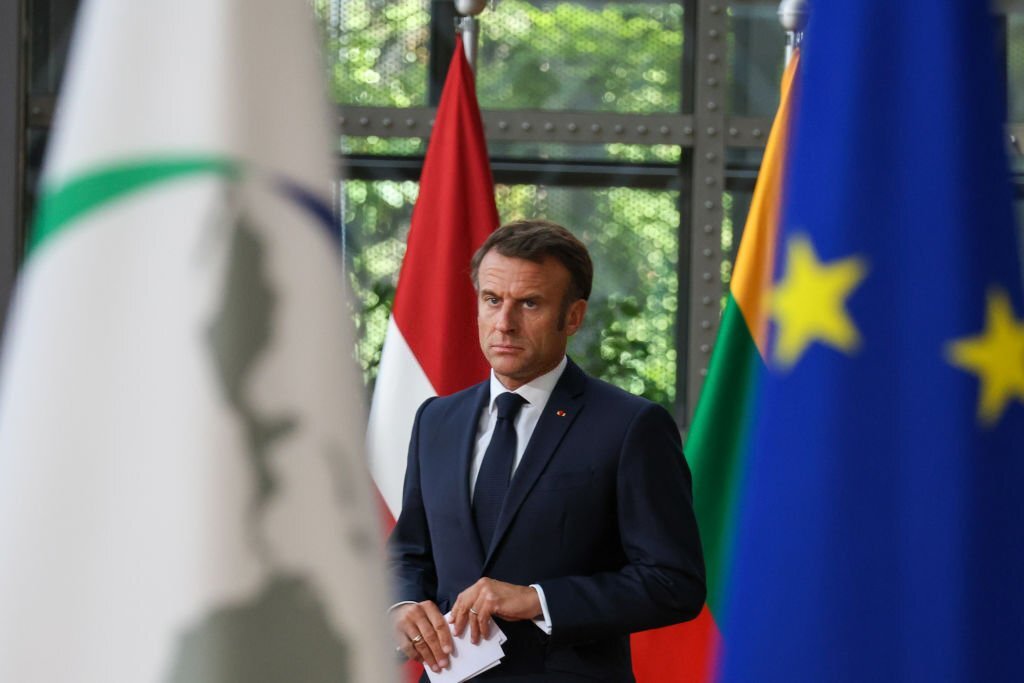France, historically recognised as a significant colonial power, has consistently advised African leaders on the importance of implementing and respecting term limits within their nations. This advice, however, comes with an intriguing backdrop of France’s own journey with presidential term limits.
Historical Context: France’s Term Limits
Until a pivotal 2008 constitutional reform, France did not impose any restrictions on the number of terms its president could serve. Elections were held every seven years, allowing for extended presidential tenures. This stands in contrast to the advice Paris has given to African nations over the years.
“Before that time, there was no limit on how many terms a president could serve, with elections previously held once every seven years.”
The Role of the French Prime Minister
While discussions on term limits often focus on the presidency, it’s worth noting the position of the French prime minister. Unlike the president, the prime minister does not have a formal term limit. Their tenure is contingent upon the continued support of the National Assembly.
“The French prime minister, meanwhile, is not subject to a formal term limit, and holds office so long they maintain the support of the National Assembly.”
This distinction between the roles of the president and prime minister underlines the unique political structure of France, where the balance of power and tenure is nuanced and multifaceted.
As nations evolve and reassess their political structures, the journey of France serves as a reminder that the path to establishing and refining governance norms is often complex and influenced by historical context.














